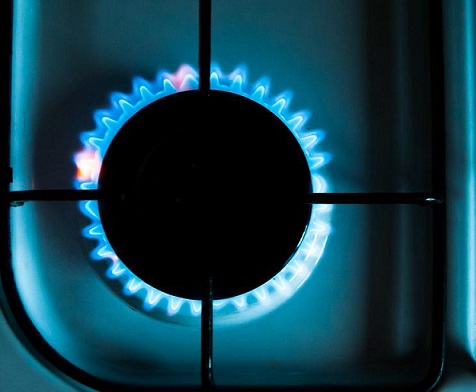According to a new report by the Institute for Energy Economics and Financial Analysis (IEEFA), in 2023, Spain and Belgium increased their imported volumes of Russian liquified natural gas (LNG) by 50% over the previous year.
The report, released Tuesday, said the disparity between the LNG capacity of the EU and the bloc’s demand has grown, forcing an increase in the volumes imported from Russia.
Imports of Russian LNG into Europe between January and September remained steady compared to the same period one year prior, according to the IEEFA. It added that in Belgium and France, terminals have continued to ship LNG from the Yamal project in Russia.
Between January and July of 2023 the EU spent €41 billion ($44 billion) on its imports of LNG, with the majority coming from the US (€17.2 billion), Russia (€5.5 billion), and Qatar (€5.4 billion) according to the report.
IEEFA analyst Ana Maria Jaller-Makarewicz said, “The decline in gas demand is challenging the narrative that Europe needs more LNG infrastructure to reach its energy security goals. The data is showing that we don’t.”
She added, “Despite significant progress towards reducing gas consumption, countries in Europe risk trading a reliance on Russian pipelines for a redundant LNG system that further exposes the continent to volatile prices.”
Since the beginning of the war in Ukraine, the EU has banned imports of Russian seaborne crude. It has also seen deliveries of cheap Russian natural gas plummet, shifting its fuel consumption over to supplies of LNG imported from other producers, most notably the United States and Qatar. However LNG has remained unsanctioned by the Western parties, despite periodic grumblings from various EU officials.


